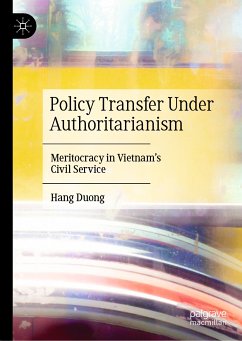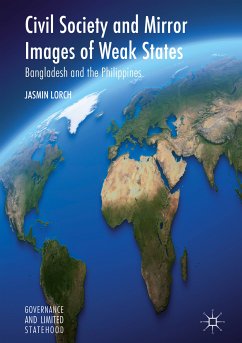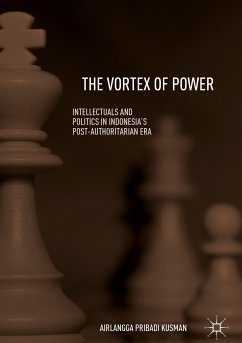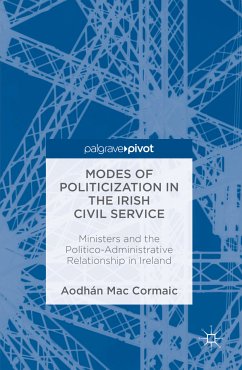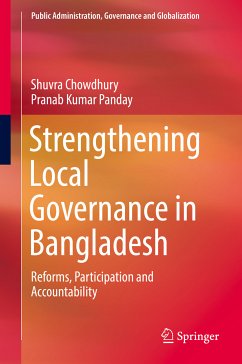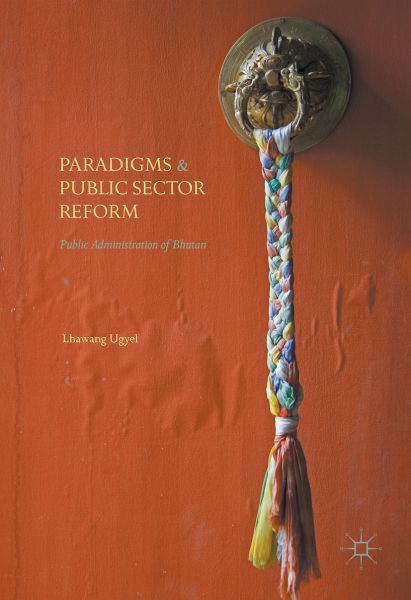
Paradigms and Public Sector Reform (eBook, PDF)
Public Administration of Bhutan
Versandkostenfrei!
Sofort per Download lieferbar
40,95 €
inkl. MwSt.
Weitere Ausgaben:

PAYBACK Punkte
20 °P sammeln!
This book describes the administrative system of Bhutan. Divided into two main parts, the first part of the book describes the Bhutanese public administration by examining the various paradigms and ideal types of public administration. Chapters examine the paradigms and ideal types in the field of public administration, and the paradigm concept helps in explaining the dynamics and the interaction of the application of public sector reforms within the context of the ideal types. Based on the historical and recent reforms, the Bhutanese administrative system has been mapped onto the ideal type t...
This book describes the administrative system of Bhutan. Divided into two main parts, the first part of the book describes the Bhutanese public administration by examining the various paradigms and ideal types of public administration. Chapters examine the paradigms and ideal types in the field of public administration, and the paradigm concept helps in explaining the dynamics and the interaction of the application of public sector reforms within the context of the ideal types. Based on the historical and recent reforms, the Bhutanese administrative system has been mapped onto the ideal type typology to show hybridity with a mix and layering of characteristics of paradigms. The second part of the book examines the dynamics of implementing and evaluating the Position Classification System (PCS). This part includes chapters which evaluate the PCS and discusses the dynamics of the reform. It synthesizes the findings of the implementation of the PCS and connects it to the broader discussions on public sector reforms. It discusses the trajectory of public sector reform and the points of convergences and divergences within this trajectory.
Dieser Download kann aus rechtlichen Gründen nur mit Rechnungsadresse in A, B, BG, CY, CZ, D, DK, EW, E, FIN, F, GR, HR, H, IRL, I, LT, L, LR, M, NL, PL, P, R, S, SLO, SK ausgeliefert werden.





